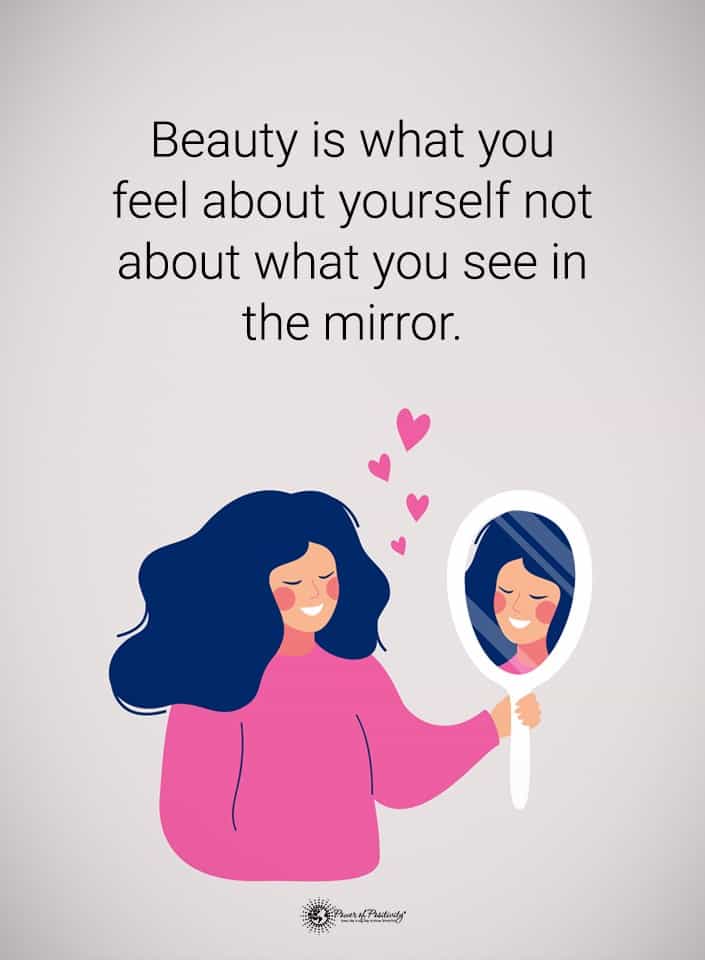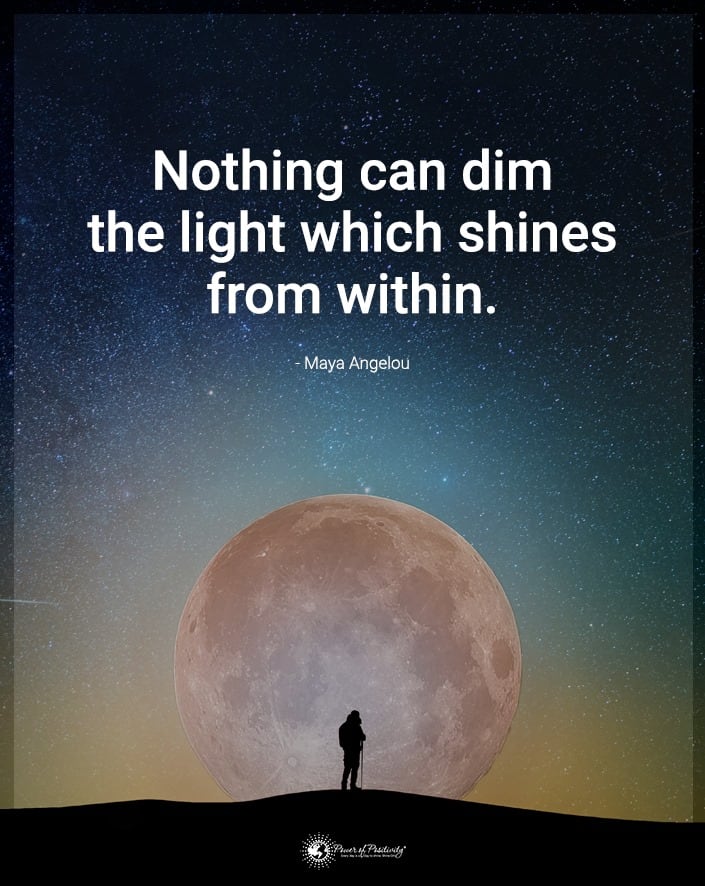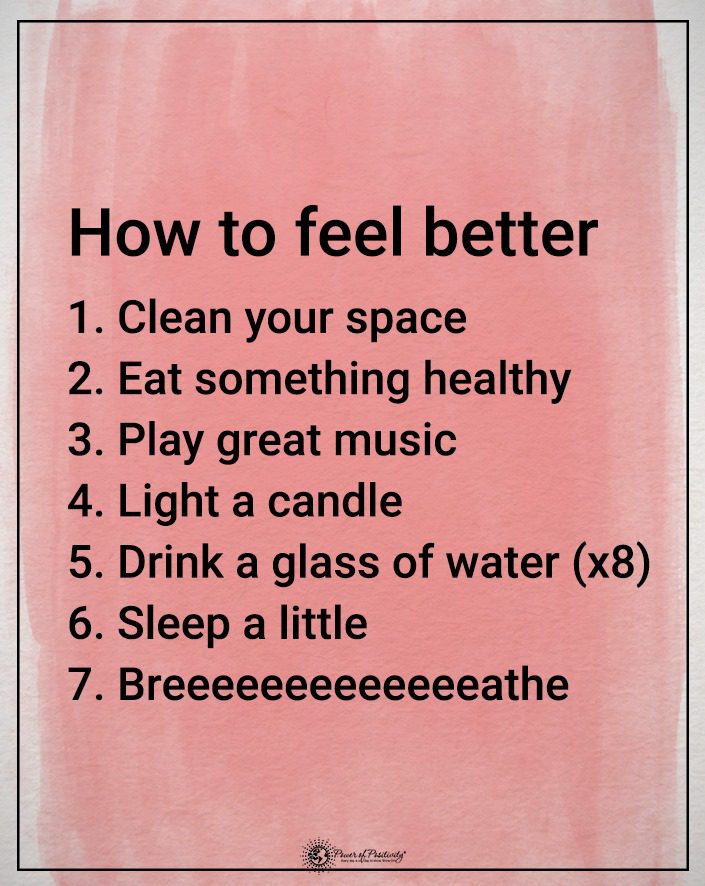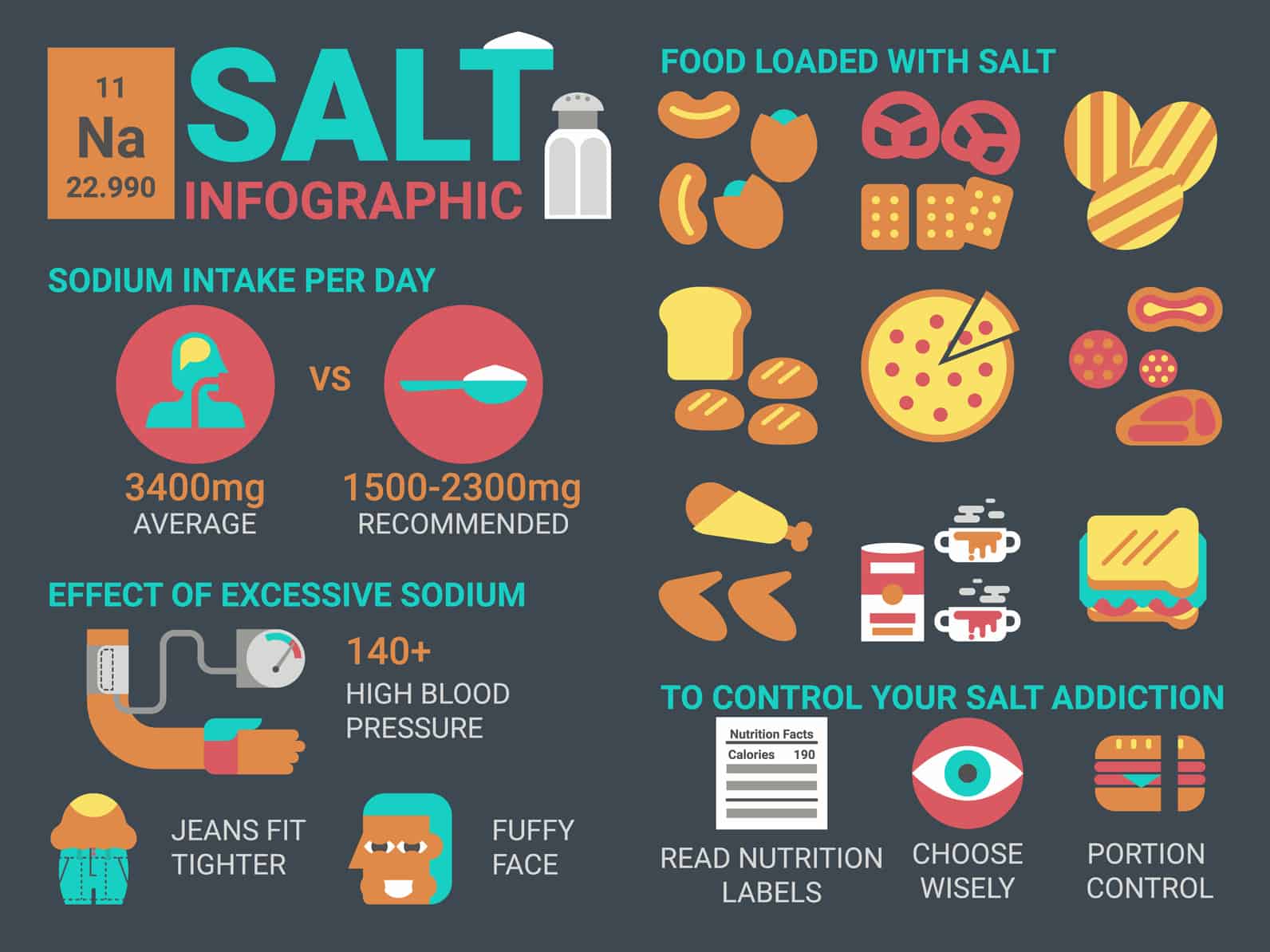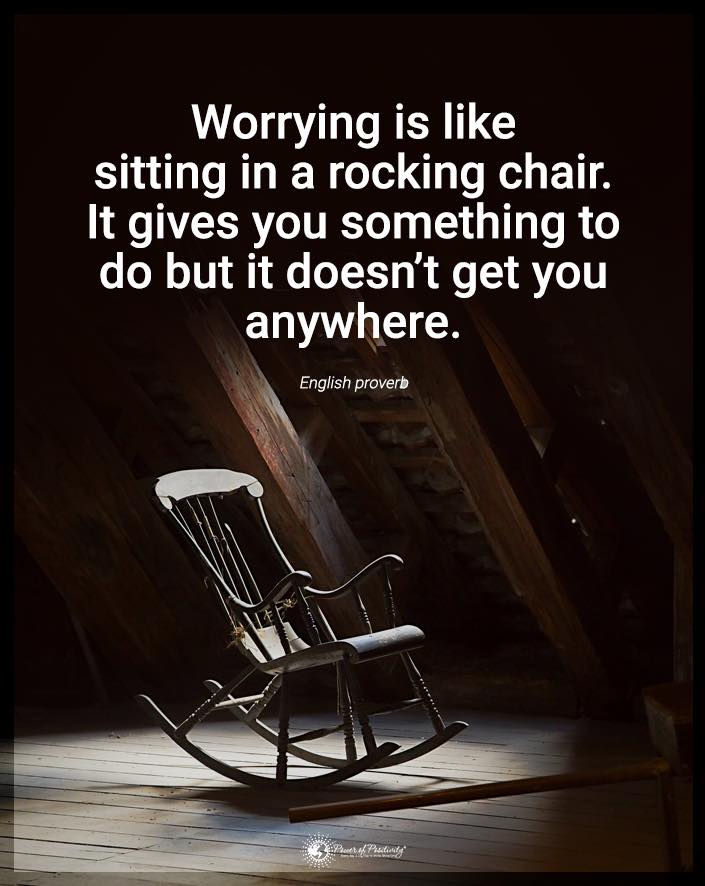You’re familiar with anxiety disorders, but have you heard of eco-anxiety? It’s a relatively new type of anxiety, first coined in 2017. Indeed, it’s a novel term that the American Psychiatric Association has not yet added to the DSM-5.
However, due to the overwhelming amount of folks who live in chronic fear of doom in their environment, it’s become a disorder that warrants further investigation. Eco-anxiety is a term that many psychologists and psychiatrists use. It describes people who are anxious and worrying continually about the world around them.
It falls within the ecopsychology field and significantly impacts one’s overall health. Many folks are drastically affected by the changes in the climate, the significant food shortages, and a broken medical system that causes many to be unable to get care. Eco-anxiety goes far beyond just being worried and anxious like you see with traditional nervousness, as it leads to severe problems with your health and well-being.
Many experts believe that the ongoing influences of climate change are to blame for this condition. The sea levels are slowly rising due to glaciers melting in the artic. As the water levels increase, it changes the weather patterns.
The climate has become quite harsh at times, according to the United States Environmental Protection Agency. It’s only standard for people to feel these atmospheric pressure changes impacting their mental health.
Eight Signs of Eco-Anxiety Most People Don’t Realize
Are you anxious and worried about the environment more than you should? The American Psychiatric Association conducted a study in 2020 to see how many people are affected by this new form of anxiety, and the numbers were staggering.
They discovered that 67 percent of the population is affected by the environmental changes around them. Are you one of these people? Some signs indicate that you have this radical new form of anxiety.
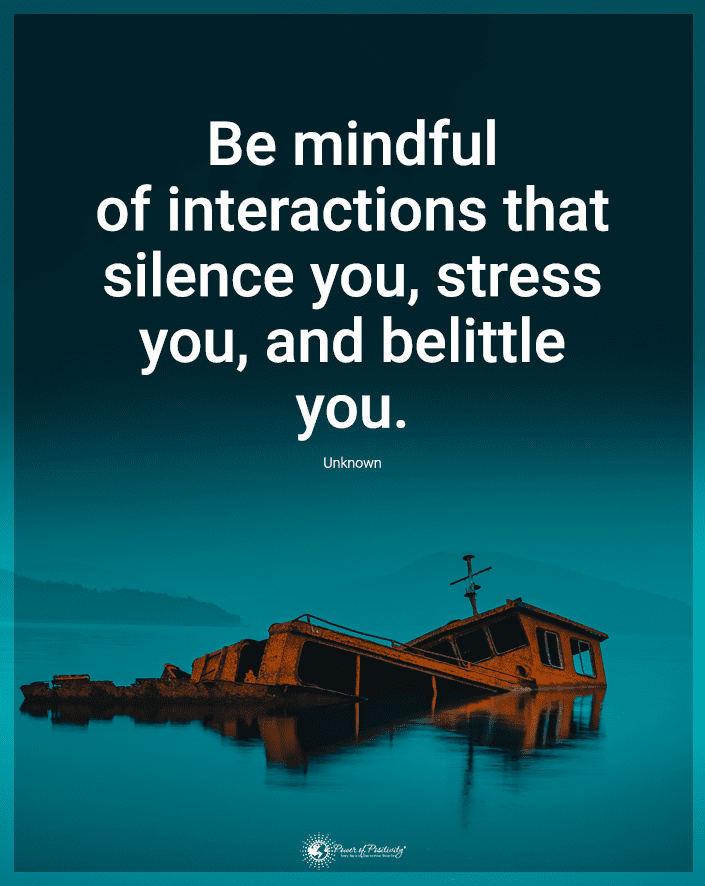
1. Overwhelmed By the Need to Build Eco-Friendly Habits
You’re spastic about creating eco-friendly habits that can help to save Mother Earth. You’re so overwhelmed by it that it makes you angry when others are lackluster with their efforts, like recycling.
You want to reduce your carbon footprint, and with every step you take, you have preservation in mind. It’s consuming your life, and you can’t be too careful as worrying about the planet has become who you are. Others may think you’re unbalanced but on a mission to help.
2. Extreme Weather Terrifies You
While most folks worry about wildfires and floods, it’s become a phobia for you. You need to know what’s happening with the weather where you live and around the globe.
Many people prefer to listen to the regular news, but you can’t help but focus on the weather aspects. If there’s a hurricane, major snowstorm, or tsunami, you find yourself glued to the TV or other electronics, waiting for new developments.
3. Anticipatory Anxiety is Common With Eco-Anxiety
You have a primal instinct inside you to feel safe. You become hypervigilant when you think there’s a threat to your overall well-being. You’re constantly observing and on guard, looking for changes.
It’s called anticipatory anxiety and its fear of future impending doom. Your sympathetic nervous system kicks into high gear, and you’re in fear of things that haven’t occurred yet.
4. The Effects of Ecological Change on Wildlife Causes Meltdowns
You’re an animal lover, and the thoughts of what climate change is doing to these defenseless creatures send your anxiety skyrocketing. The barrage of agonizing information that scrolls on the TV and social media cause you to have anxious symptoms just by seeing it. Not only are you worrying about your health and well-being, but the wildlife affected is too much for you to fathom.
5. Doom Scrolling is a Normal Part of Your Life
You try to stop yourself, but you can’t help but find the latest news on climate issues and the world around you. Your phone is set to alert you of any late-breaking news, and you find that your free time is spent doom scrolling.
You find security in knowing what’s going on, and if you’re away from the internet for any period, you’re worried and anxious until you can find out the latest developments.
6. You Can’t Make Plans for the Future as a Result of Your Eco-Anxiety
While many folks are planning for their future, you’re chronically worrying, and it won’t allow you to see beyond today. Your doom and gloom outlook is affecting all aspects of your life.
You find yourself talking about the end of the world more than you should, and you can’t even think about your tomorrow because you’re anxious and terrified of what might happen around you today.
7. Your Eco-Anxiety Manifests in Chronic Physical Symptoms
Folks who have eco-anxiety may have the condition manifest in various ways. You may have panic attacks and digestive issues and reduce your ability to focus. In many instances, these symptoms have become chronic and sometimes even intolerable.
What you need to determine is whether this is coming from anxiety alone or if there’s an underlying condition like a mood or personality disorder.
8. You Feel Like an Outsider in Your Community
The world around you focuses on materialism and building wealth. But your focus oon the environment might make you feel lonely. You’re so passionate about your efforts that if you see someone littering, it sends you into a meltdown. People that don’t care about the world around them and only focus on themselves make you see red.
Five Ways to Calm the Mind from Eco-Anxiety
If your anxious and worrying nature is causing you to miss out on the beauty of the world around you, you need to calm your mind. While it’s okay to have some concerns about your tomorrow and the earth around you, you can’t live in fear.
Being in a constant state of angst isn’t good for your heart, blood pressure, or overall well-being. Here are some ways that you can help to release anxiety.
1. Find Organizations to Join to Fight Climate Change
Finding an organization to get behind and assist in their efforts to preserve the earth may be beneficial. Becoming part of a group rather than just a party of one helps to ground you.
Seeing people making positive changes that benefit Mother Earth can be very calming as you know something is being done. Plus, being around like-minded individuals working together for a cause can stop some of the worrying.
2. Record Your Accomplishments
Many people keep a journal as a chronological report of their life. You can also construct such a book about your efforts to help the earth.
You can put eco-anxiety in its place by keeping a journal. When you feel your anxiety boiling over, you can pull out this book to remind you of everything you’ve done to help.
3. Set Limitations on Scrolling
For your mental health, you must limit the amount of scrolling you do on the internet. This is true not only of climate issues but of information in general. While the internet is a valuable and helpful tool, it can also be very destructive to an anxious person.
Set firm time limits and allow yourself only certain times to scroll so you’re not overwhelmed with it. Another consideration is to choose your news outlets wisely. You want to listen to people try to help with change and not just report doom and gloom all the time.
4. Meditation Can Improve Eco-Anxiety
The fear of the weather may stem from weathering some storms in life. Do you have an ongoing condition like post-traumatic stress disorder? These anxiety-based issues can be managed through things like meditation and exercise. When you feel your eco-anxiety heading into overdrive, why not turn to meditation to help?
5. Join an Online Anxiety Support Group
It’s often lonely when you suffer from anxiety and think no one understands your feelings. Thankfully, there’s a growing awareness of eco-anxiety, and even online support groups can help.
Talking with like-minded individuals who share their passions for the earth like you can be healing. One online group is The Good Grief Network. They have a plethora of information, videos, and a chat forum where you can connect with others with similar viewpoints.
Final Thoughts on Eco-Anxiety and How to Calm the Anxious Thoughts
Eco-anxiety seems to be a new part of life for some people. If you find that your excessive worrying is causing you great distress, it may be time to talk to an expert. A therapist can help you to understand these fears, put them in their proper place, and teach you to be proactive.
You’ll feel much better when you’re doing something rather than sitting and being anxious about it. While it’s essential to help the animals and the world around you, you cannot forget to help yourself. Self-care is critical; if you don’t take care of yourself, you won’t be much good to any worthy cause.
You need to ensure you’re getting proper rest, good nutrition, and the exercise you need to stay healthy. Anxiety can ruin your life if you allow it to do so, but you can turn all this passion and worry into motivation to make a change.



